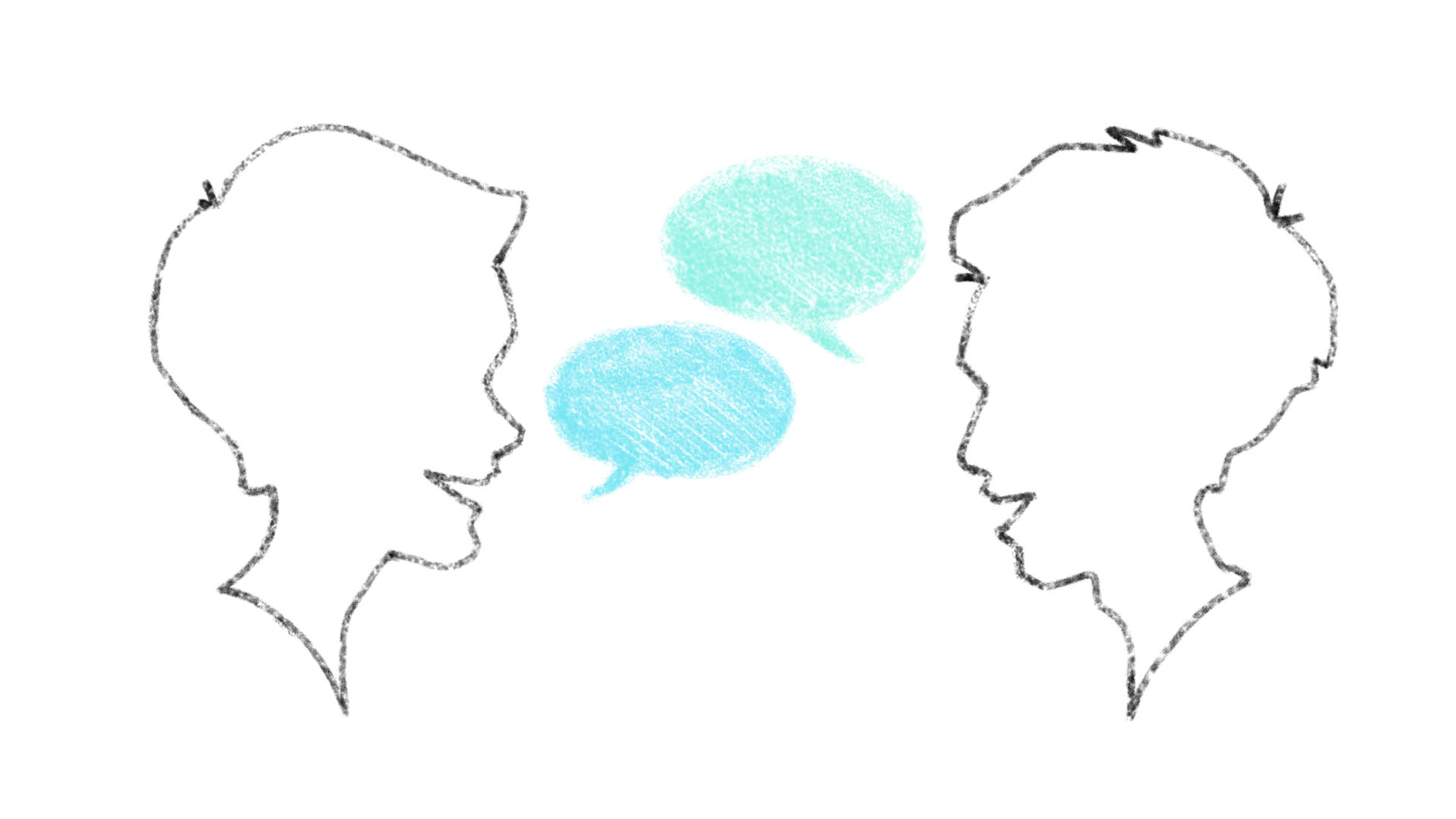We’ve all been there. That moment when we decide to open up and share a piece of our lives with family, friends, or colleagues. It might be a personal story, a recent experience, or a vulnerable feeling we’ve been grappling with. Initially, it feels liberating to unload and connect. But soon after, a wave of unease washes over us. We start to wonder: Did I share too much? Will they judge me? Why do I feel so unhappy now?
This post-disclosure regret is more common than we might think, and understanding it can help us navigate these complex emotions more effectively.
The Initial Impulse to Share
The impulse to share parts of our lives with others is deeply human. It stems from our innate need for connection and belonging. When we open up, we’re often seeking understanding, empathy, and a sense of solidarity. Whether it’s venting about a tough day at work or revealing a personal struggle, sharing can make us feel seen and heard.
The Vulnerability Hangover
However, what often follows is what Brené Brown, a research professor and expert on vulnerability, calls a “vulnerability hangover.” This is the feeling of regret and anxiety after we’ve exposed ourselves emotionally. We start questioning our judgment: Was it appropriate to share that? Did I make myself too vulnerable?
This discomfort can be attributed to several factors:
- Fear of Judgment: We’re concerned about how others perceive us. Did we come across as needy, overly emotional, or unprofessional?
- Loss of Control: Once information is out there, we can’t control how it will be received or who it will be shared with.
- Self-Doubt: Sharing personal experiences can make us question our own worthiness and whether our experiences are valid or significant.
Coping with Post-Disclosure Regret
While it’s natural to feel some regret after sharing, there are ways to manage these feelings constructively:
- Reflect on Your Intentions: Consider why you shared in the first place. Were you seeking support, validation, or just trying to connect? Understanding your motives can help you process your feelings.
- Assess the Context: Think about the setting and the audience. Was it a safe and appropriate space for the kind of sharing you did?
- Practice Self-Compassion: Remind yourself that it’s okay to be vulnerable. Everyone has moments of self-doubt, and it’s part of being human.
- Seek Feedback: If you’re particularly worried about oversharing, consider discussing it with a trusted friend or family member who can provide a different perspective.
- Set Boundaries: Going forward, establish what you’re comfortable sharing and with whom. Knowing your boundaries can prevent future discomfort.
Moving Forward
Ultimately, sharing parts of our lives is a balancing act. It’s about finding that sweet spot where we can be authentic without feeling overexposed. Remember, vulnerability is a strength, not a weakness. It’s through these moments of openness that we build deeper, more meaningful connections.
So, the next time you find yourself in the throes of a vulnerability hangover, take a deep breath. Reflect on your intentions, show yourself some compassion, and remember that it’s all part of the journey of being human.

